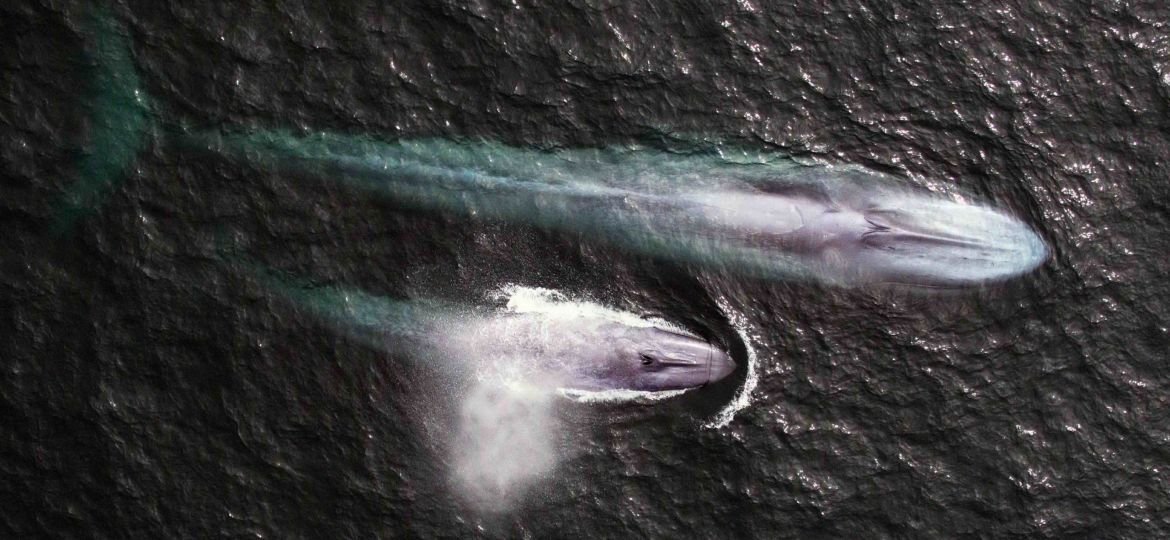
A US$5 million project aims to prevent collisions between vessels and cetaceans.
The “Blue Boat Initiative”, a joint effort between the Chilean Ministry of the Environment and Meri Foundation that, through the use of smart buoys, will provide real-time information to vessels on the presence of whales to avoid ship strikes. The initiative involves an investment of US$5 million, which will be co-financed by the foundation and other strategic partners. The reduction of whaling is one of the main reasons for the implementation of this project.
This has made ship strikes become the main threat of these cetaceans. Also, the sound made by vessels is within the same frequency range as the sounds whales make, which affects their communication.
As for the benefits that “Blue Boat” will have in the island territory and its surroundings, Sonia Español, leader of the Meri Foundation’s cetacean area, stressed that “it seeks to reduce collisions between vessels and whales, and monitor the oceans in a scenario of climate change, in addition to valuing the ecosystem services of the oceans, particularly the capture of carbon dioxide (CO2) from whales and its impact on climate change.” “This will have a direct impact on the area, since it is an area with high primary productivity, which is reflected in the fishing industry and also in the presence of large numbers of whales that visit this feeding area,” said the doctor in Marine Biology.
“The presence of the whales is, therefore, an indicator of a good state of health of the oceans, which affects different local economic activities such as fisheries and tourism.” For this reason it is very important to have the support of local institutions “so that they know the reasons and benefits of protecting the oceans and especially whales. By initiating the project in the Gulf of Corcovado, this area will be a pioneer in Chile and Latin America and, therefore, will directly benefit from the direct and indirect achievements of the project,” she said. For the Movimiento Defendamos Chiloé (Let’s Defend Chiloé Movement), the implementation of this initiative is of vital importance for the protection of these specimens, a struggle that this organization has been fighting for. According to Juan Carlos Viveros, the spokesman for the entity: “Our movement seeks sustainable development for this unique archipelago in the world. From that point of view, an initiative like this one, which allows to prevent deaths and protect such special species in the planet and that are in Chiloé, is something fundamental.
It could also be the beginning of the development of a special tourism in the Archipelago, where whale and cetacean watching in general has an enormous potential.” The first six pilot buoys are expected to be installed by the end of the year or early 2021, depending on the evolution of the Covid-19 pandemic :
HOW WOULD IT WORK? Sonia Español, in charge of the MERI Foundation’s oceans area and designer of the project, explained that the devices to be installed are “smart buoys equipped with hydrophones, oceanographic sensors and transmitters that will begin to operate, as a pilot, in Northern Patagonia, the area with the highest concentration of cetaceans and other species in Chile.” The hydrophones located in the buoy will capture the sound of the whales and the build-in transmitter will be able to send the location of the mammal to the vessel via satellite and in real time.
The satellite information collected will not only allow monitoring the whales and warning vessels of their presence, proposing new routes to avoid collisions, but will also provide relevant data on oceanographic factors that affect climate change such as sea temperature, acidity, oxygen, etc.
Source: La Estrella de Chiloé

